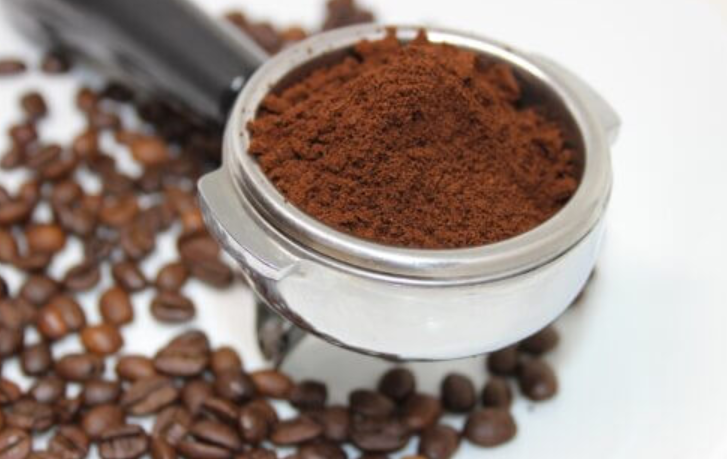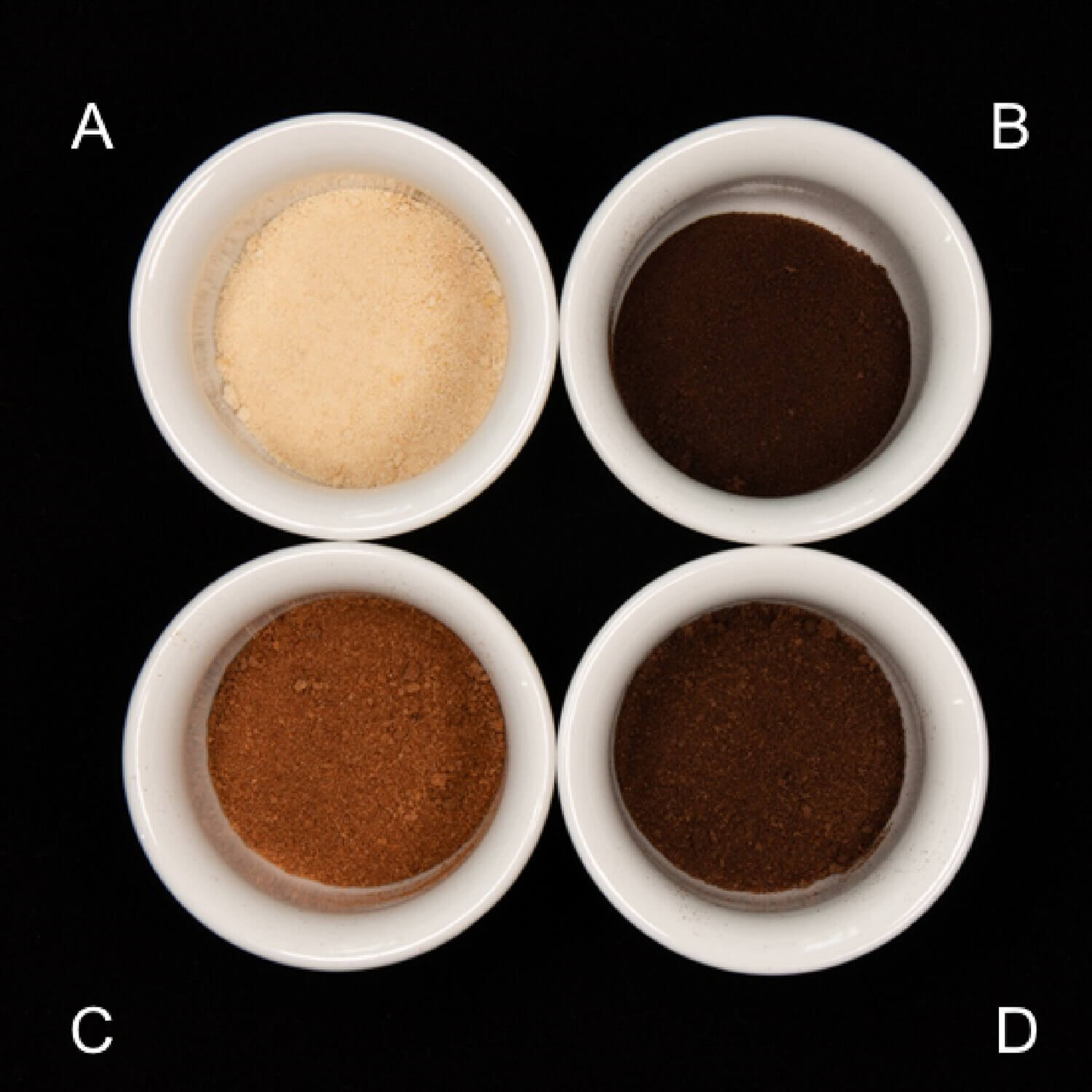You Could Soon be Drinking Lab-grown Coffee — Without Knowing the Difference
 By Study Finds
By Study Finds
Natural Blaze Editor’s Note — this article is NOT presented as an endorsement of science taking over coffee production based on the highly debatable climate change debate; it’s only to inform readers of what is being planned. We should know by now that once food is given over to purely laboratory creations, we have entered the ultimate danger zone in terms of our health and our freedom as consumers to know what we are buying and putting into our bodies. This makes it ultra-important to only support reputable organic producers of all foods … including coffee.
Coffee, a beloved beverage worldwide, is facing a crisis. Climate change is threatening global coffee production, with predictions of a significant decrease in output over the next 30 years. Traditional coffee farming is not only susceptible to weather changes but also contributes significantly to carbon emissions. The solution? Cellular agriculture.
Cellular agriculture is an innovative way to cultivate cells in bioreactors to produce agricultural commodities. What makes this method revolutionary is its potential to bypass traditional agricultural challenges like weather dependency and high carbon emissions.
How do you grow coffee in a lab setting?
The process starts with Coffea arabica seedlings. Researchers carefully selected young, fully developed leaves from these seedlings. The leaves underwent sterilization and were cut into small pieces to initiate callus formation, a mass of undifferentiated cells. These leaf pieces were then placed on a specialized medium to encourage callus formation. Over two to four weeks, these calli were carefully monitored and transferred onto different media for establishment and maintenance.
The calli were then transferred to liquid media in flasks to create cell suspensions. This step is crucial for scaling up the production, where the cells grow in a more controlled and uniform environment. For mass production, the cell suspensions were transferred to wave bioreactors. These bioreactors allow for larger volumes and better control over growth conditions, essential for industrial-scale production.
Post-cultivation, cells were harvested, washed, and freeze-dried. The freeze-dried cells were stored in airtight containers, a critical step to preserve their quality until roasting.
 Charleston Coffee Roasters | Specialty Organic Ground Coffee | Hand Picked, Premium Slow Roast (Charleston Organic, Medium Roast) 12oz
Charleston Coffee Roasters | Specialty Organic Ground Coffee | Hand Picked, Premium Slow Roast (Charleston Organic, Medium Roast) 12oz
Mimicking traditional coffee roasting, the cell-grown coffee underwent various roasting conditions. Researchers experimented with different roasting times and temperatures to achieve a product as close as possible to conventional coffee in terms of flavor and aroma.
The final product was then subjected to rigorous sensory and chemical analyses. This included comparisons with traditional coffee in terms of flavor, aroma, caffeine content, and other chemical compounds. While differences were noted, the cell-grown coffee showed promising similarities to traditional coffee.

When coffee plant cells grown in a bioreactor (top left) are roasted (top right and bottom powders), they develop colors similar to conventional light or dark roast coffee. Adapted from the Journal of Agricultural and Food Chemistry, 2023, DOI: 10.1021/acs.jafc.3c04503
What would lab-made coffee mean for the environment and economy?
This method of coffee production has significant environmental benefits. It reduces the need for land, water, and pesticides, and most importantly, cuts down on carbon emissions. Economically, it could stabilize coffee prices by reducing the impact of climate change and geopolitical issues on coffee production.
While the results are promising, the study acknowledges several challenges. The flavor profile of cell-grown coffee still requires refinement to fully replicate traditional coffee. Additionally, regulatory hurdles need to be cleared before this coffee can hit the market.
The study opens up exciting possibilities for sustainable coffee production. With further research and development, cell-grown coffee could become a viable alternative, ensuring the future of our beloved beverage in an environmentally conscious way. This innovative approach could be a game-changer, offering a cup of coffee that’s not only delicious but also kind to our planet.
The research paper is published in the Journal of Agricultural and Food Chemistry.
You might also be interested in:
- Best Coffee Beans: Top 5 Brews Most Recommended By Experts
- Best Coffee Makers For 2024: Top 7 Brands Most Recommended By Experts
- Best Health Benefits Of Coffee: 7 Reasons A Daily Cup Is Good For You, According To Science
Source: Study Finds
View StudyFinds’s article archive
Image: Unsplash


